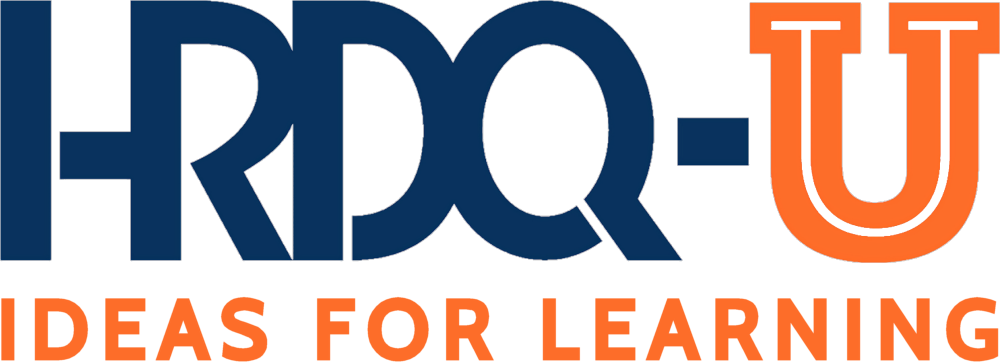1. Establish a Robust AI Ethics Framework
The first and most important step for leaders is to develop a comprehensive AI ethics framework that outlines the principles, guidelines, and policies that will govern the use of AI within the organization. This framework should be developed in collaboration with cross-functional teams, including experts in ethics, legal, compliance, and technology, to ensure that it addresses the multifaceted challenges of AI deployment.
The AI ethics framework should cover areas such as
- Transparency and Accountability: Ensuring that the decision-making processes of AI systems are transparent and that there are clear lines of accountability for their actions.
- Fairness and Non-Discrimination: Preventing the perpetuation or amplification of biases and ensuring that AI systems treat all individuals and groups equitably.
- Privacy and Data Protection: Safeguarding the privacy of individuals whose data is used to train and deploy AI systems.
- Human Oversight and Control: Maintaining appropriate human oversight and control over AI systems, particularly in high-stakes decision-making scenarios.
- Alignment with Organizational Values: Ensuring that the use of AI is aligned with the organization’s core values and ethical principles.
By establishing a robust AI ethics framework, leaders can set the tone for the organization and provide a clear roadmap for the responsible development and deployment of AI.
2. Implement Rigorous AI Governance Processes
Alongside the AI ethics framework, leaders should also implement robust governance processes to ensure the consistent and accountable application of these principles. This may include
- AI Risk Assessments: Conducting thorough risk assessments to identify potential harms and unintended consequences associated with the use of AI and implementing appropriate mitigation strategies.
- AI Audits and Monitoring: Regularly auditing and monitoring the performance and impact of AI systems to identify and address any issues or concerns.
- AI Ethics Review Boards: Establishing cross-functional review boards to oversee the development and deployment of AI systems and to provide guidance on ethical considerations.
- Incident Response and Escalation Protocols: Developing clear protocols for responding to and escalating issues related to the ethical use of AI, including mechanisms for reporting and addressing concerns.
By implementing these governance processes, leaders can ensure that the ethical principles outlined in the AI ethics framework are consistently applied and that there are clear mechanisms in place for addressing any ethical challenges that may arise.
3. Foster a Culture of AI Ethics and Responsibility
Ultimately, the success of an organization’s efforts to enhance the ethical use of AI will depend on the extent to which these principles are embedded into the organization’s culture and the mindset of its employees. Leaders can play a crucial role in fostering this culture by
- Providing AI Ethics Training: Offering comprehensive training programs to educate employees on the ethical implications of AI and their individual responsibilities in ensuring its responsible use.
- Encouraging Ethical AI Practices: Recognizing and rewarding employees who demonstrate a commitment to ethical AI practices and incorporating these considerations into performance evaluations and career development.
- Promoting Ethical AI Advocacy: Encouraging employees to actively engage in discussions and initiatives related to the ethical use of AI, both within the organization and in the broader industry.
- Leading by Example: Demonstrating a personal commitment to ethical AI principles and ensuring that the organization’s leadership team sets the tone for the rest of the organization.
By fostering a culture of AI ethics and responsibility, leaders can empower their employees to become active participants in the ethical deployment of AI and ensure that these principles are deeply embedded into the organization’s DNA.
4. Collaborate with External Stakeholders
The ethical use of AI is not just an internal challenge for organizations; it is a broader societal issue that requires collaboration and engagement with a range of external stakeholders. Leaders can enhance the ethical use of AI by
- Engaging with Policymakers and Regulators: Actively participating in the development of AI-related policies and regulations and providing input and feedback to ensure that these frameworks are effective and aligned with the organization’s ethical principles.
- Partnering with Academic and Research Institutions: Collaborating with universities, research centers, and other academic institutions to advance the state of the art in AI ethics and to develop new tools and methodologies for ensuring the responsible use of these technologies.
- Participating in Industry Initiatives: Joining industry associations, consortia, and other collaborative initiatives that are focused on promoting the ethical use of AI and contributing to the development of best practices and standards.
- Engaging with Civil Society Organizations: Engaging with non-profit organizations, advocacy groups, and other stakeholders who are focused on the social and ethical implications of AI and incorporating their perspectives and concerns into the organization’s decision-making processes.
By collaborating with these external stakeholders, leaders can not only enhance the ethical use of AI within their own organizations, but also contribute to the broader societal dialogue and the development of more robust and effective frameworks for the responsible deployment of these technologies.
Conclusion
The ethical use of AI is a complex and multifaceted challenge that requires a comprehensive and proactive approach from business leaders. By establishing a robust AI ethics framework, implementing rigorous governance processes, fostering a culture of AI ethics and responsibility, and collaborating with external stakeholders, leaders can play a crucial role in ensuring that the transformative potential of AI is harnessed in a way that is aligned with the organization’s values and the broader societal good.
As the adoption of AI continues to accelerate, it is incumbent upon leaders to take a leading role in shaping the ethical trajectory of these technologies. By doing so, they can not only protect their organizations from the risks and unintended consequences of AI, but also contribute to the development of a more just, equitable, and sustainable future.


























